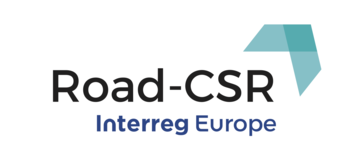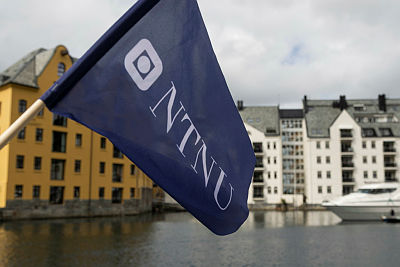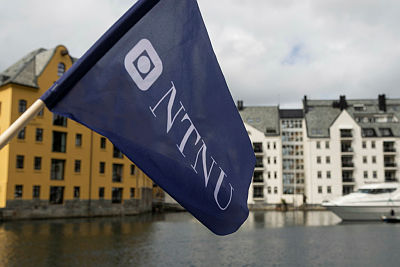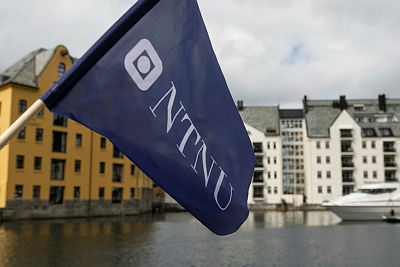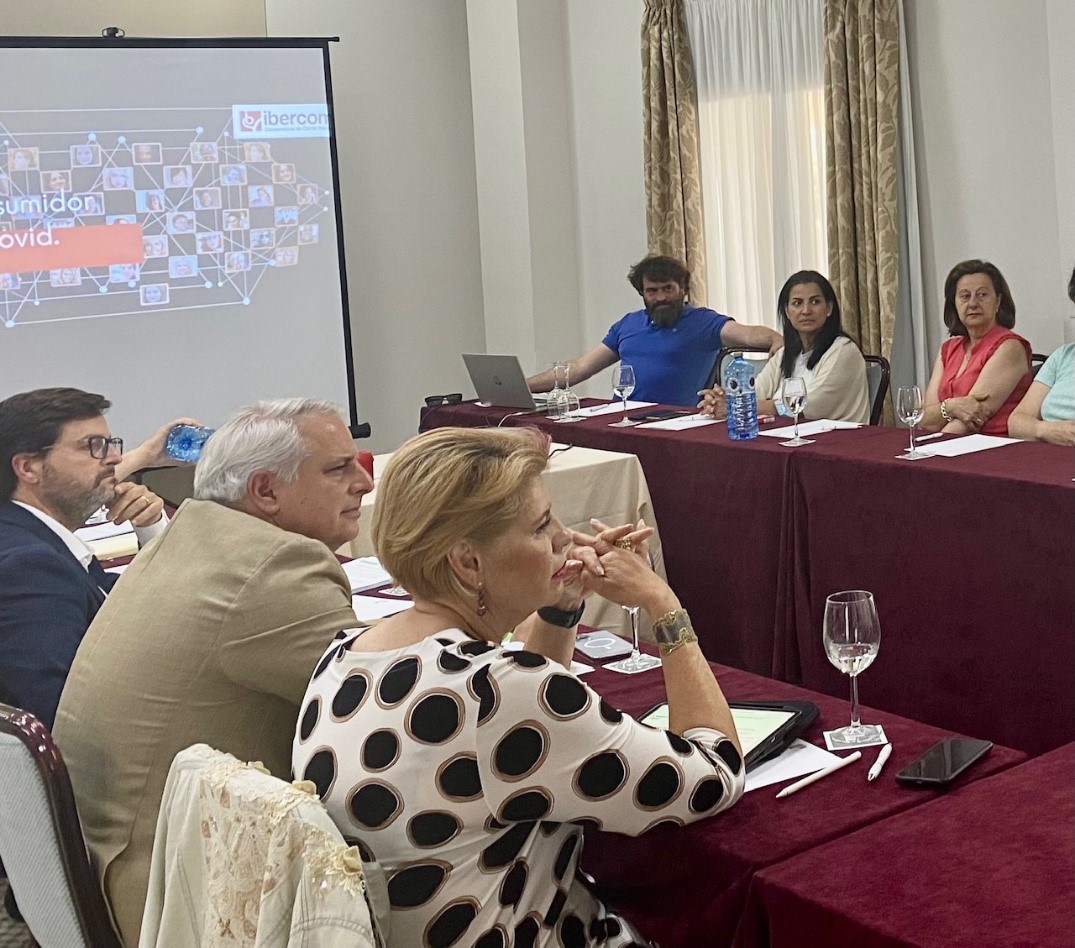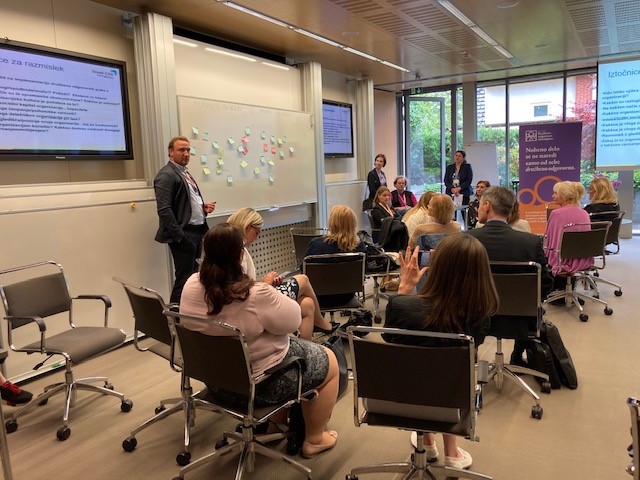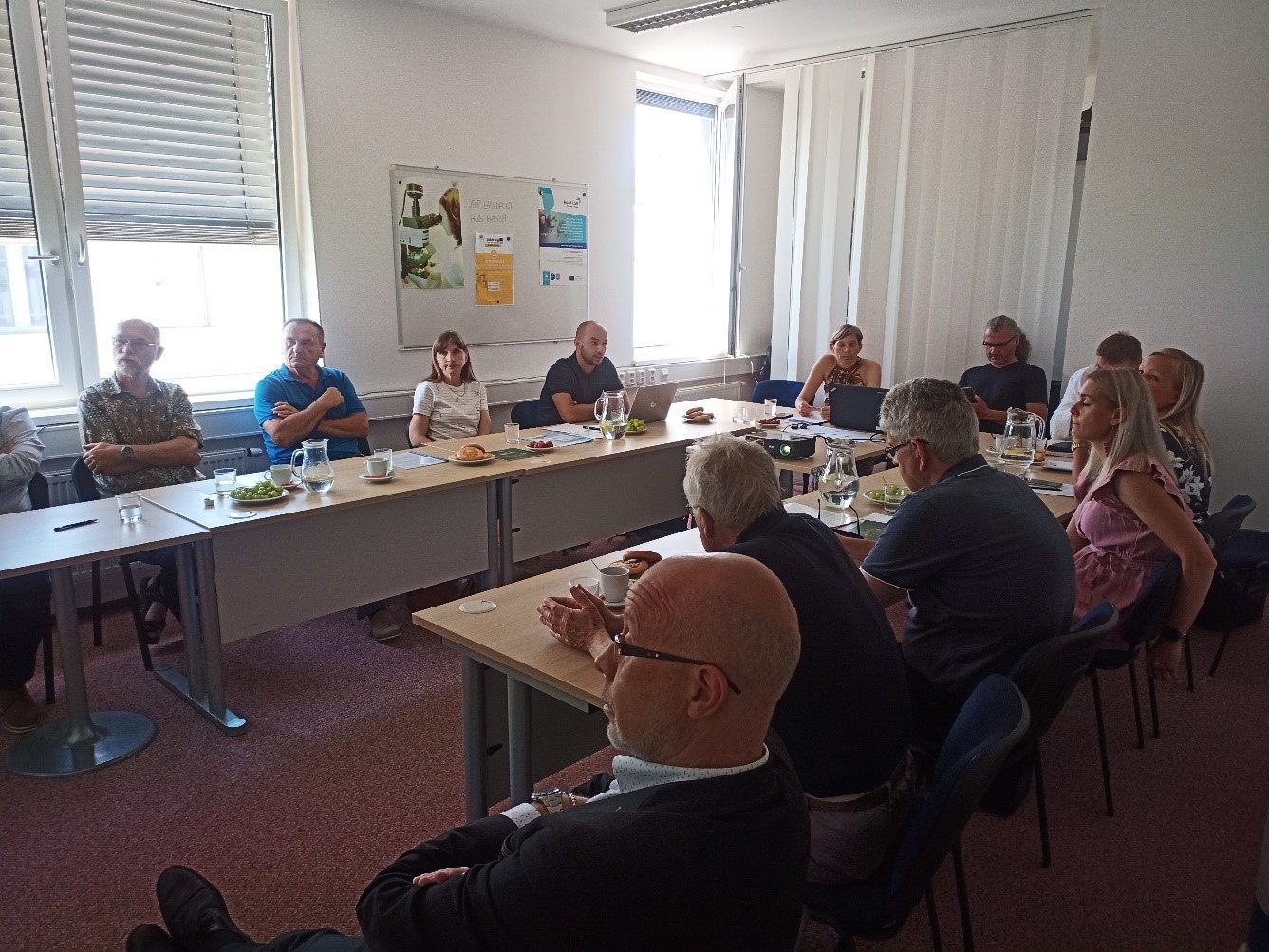Slovenian project partner E-zavod together with Ekvilib institute organized second national stakeholder meeting on June 6th 2022 in IEDC School Bled. The event was organized within the international conference Trends in CSR. The first part of the event was focused on CSR lectures, while in the second part two round tables was organized in the scope of Road CSR 2 project. The workshops focused on the motivation of organisations on implementation of CSR and how to improve structural policies to support CSR in future. Total of 49 participants were present from different institutions including public, private, NGO sector and academia.
Second Slovenian stakeholder meeting was organized with the aim to discuss CSR motivation and policy support in Slovenia. First part was seminar was organized as lectures on building sustainable corporate social resilience. Round table followed the lectures where 3 experts discussed dilemmas about CSR risk management. In the afternoon part two workshops were organized, the first one discussing the systemic issues of CSR, especially motivation for implementing CSR activities. Second workshops focused on improvements in structural policies for further development of CSR in Slovenia.
First workshop was moderated by Gašper Zakrajšek finding answers on “How to motivate organizations for implementing CSR practices and activities« in which we tried to address those issues and come to some relevant conclusions/recommendations. 48 persons participated to this workshop from various background.
Workshop resulted in the following internal and external motives/reasons/nudges:
Internal:
- higher level of employee engagement
- more healthy and safe working environment
- good chance for developing resources for organizational development in general
- walk the talk- credibility/integrity of the leadership
- strengthening the power of corporate and other brads of the organization
- employee satisfaction/empowered employees
- creating stabile/positive organizational culture and comfortable organizational climate
- costs optimization
- rise of an intellectual and social capital of the organization
- psychological safety of the employees
- resilience on each level (micro/mezzo/macro)
- employee retention
External:
- rise of the employer brand strength
- rise of the corporate brand strength/ corporate reputation
- subsidies and advantage at the public tenders
- competitive advantage in the labour market
- to be in line with world an EU policy trends
- positive effects on environment- sustainable development goals/contribution to the environmental issues of the civilization
- positioning in a world business environment/supply chain
- stakeholder requirements
- competitive advantage in general
- general awareness of the end users and various stakeholders/publics in terms of sustainability
- link with the local communities/social progress
- legislation/policy level
Second workshop focused on the future systemic change on structural policies for development of SR in Slovenia.
Workshop participants came up with the following political ides:
- It is important to have in mind a diversity at creating or upgrading political decisions, legislation or plan/use of soft structural changes.
- There should be some fun at political work – with awareness that politicians are there for people and to protect the environment too for future generations. That is important, because if they are aware for whom they are working (there is life!) then their decisions will be more connected to the reality and to society, people, natural environment.
- Each decision is conditioned with values of decision makers and their political attitude. Interests (personal, political, capital…) are main drivers of their decisions too. That’s why we need educated politicians and other decision makers on the topic of sustainability and social responsibility. Only so they can create better decisions, legislation and other important rules for the society and environment.
